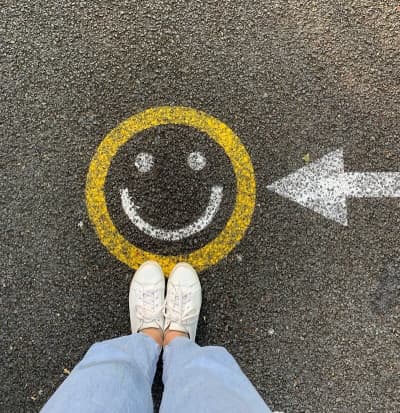It was party time and I was the life of my very own party. I considered my highs to be normal, as I loved this outgoing, fun loving person.
The exciting confidence embraced me so tightly that I could not resist the temptation of experiencing just one more high. When I was manic I became convinced I was invincible, incredible and irresistible. I knew I could be anything or do anything. I loved everyone and everyone seemed to love me. I had abundant ideas, enthusiasm and passion.
This was the late 1970s when risk taking behaviour, partying all night and spending sprees were considered normal behaviours of students. That is the deceptive nature of mania, it mimics 'normal' behaviour in many ways.
It is natural for people to be happy and it is hard to equate happiness with illness. The trouble is mania isn't happiness - it is a very exaggerated over the top state that seduces a person into believing this is normal and so addictive that one keeps wanting more despite the havoc one leaves behind.
I was enjoying the highs, having so much fun, ignoring the chaos I caused and convincing myself it was only the depression that was a problem.
This was a mental illness that made me believe it had an upside, but in reality there was a dark and destructive side. It was so enticing I did not see my highs as a problem, even after I had experienced financial debts, broken relationships, and disrupted studies.
Each individual handles the mania differently. For me it took over a decade of destructive highs and debilitating lows till I finally and begrudgingly decided to take medication. The party was definitely over and it was time to face reality.
I think the key to my managing bipolar was acceptance of my limitations and acknowledgement of my strengths. I also had to live in the present and not wallow in self pity. I gradually realised if my highs were not so high my lows would not be so low.
Every person will experience the illness in a different way so there is no one plan that will suit everyone. I kept a journal as I found this helpful in keeping track of my moods. A sense of humour is useful as well as an ability to laugh at oneself. I used to be ashamed of some of my past behaviours but I decided to take responsibility for them.
People fear if they give up their highs they will give up their creativity. I have been able to stabilise since I have been taking medication. When I gave up the extreme highs and lows I discovered the another part of myself.
Everyone has ups and downs, so if you dont have bipolar, how do you cope with mood swings?
If you have bipolar, or unipolar, how do you cope with your highs, are they your best friend or your best enemy?
Leah
A Moodscope member.



Comments
You need to be Logged In and a Moodscope Subscriber to Comment and Read Comments